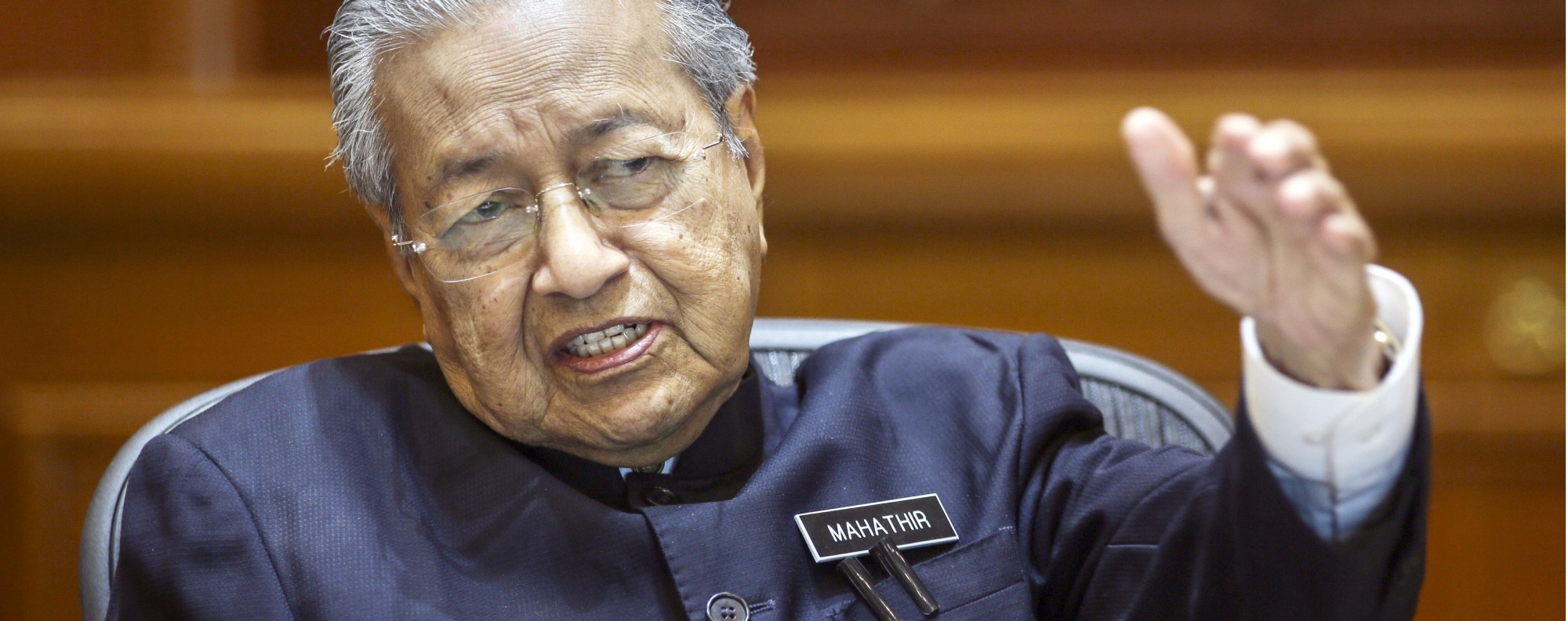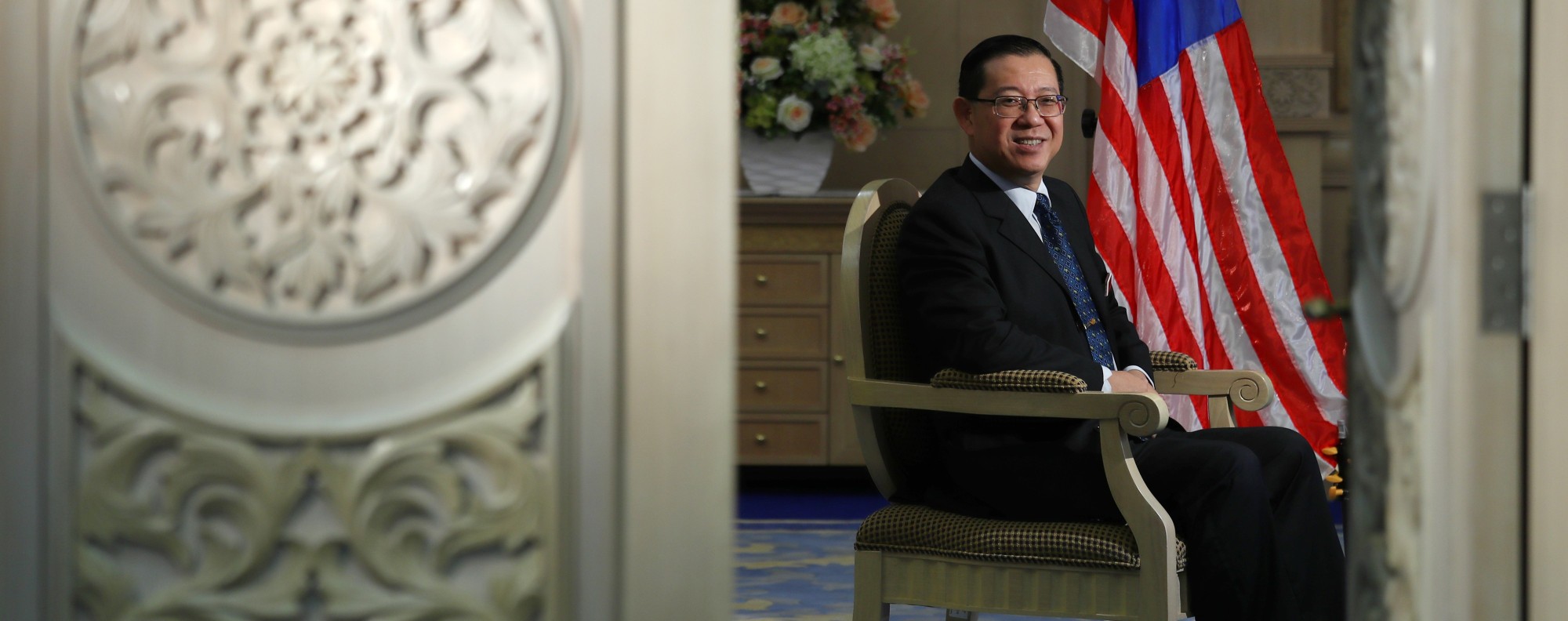As Malaysia begins negotiations with China over billions of dollars of Chinese-led public service projects, the outcome will be a litmus test of Beijing’s Belt and Road Initiative (BRI), which is designed to develop infrastructure across 70 countries.
How China treats Malaysia will go a long way toward determining international perceptions of the BRI, which has aroused suspicion and criticism among some quarters of the global community.
There are reasons for concern. As Asia Sentinel reported on July 9, a long list of countries including Cambodia, Laos, Nepal, Pakistan, Sri Lanka and others have found themselves mired in debt to China’s Ex-Im Bank and other financial institutions for projects whose costs have soared out of sight as they have moved toward execution.
They have found that renegotiating debt with China is difficult. And in some of those countries, their leaders have discovered that financial debt disturbingly translates into political debt as Beijing extends its hegemony across the region.
Malaysia’s new government, which came into power on May 9 after ending more than six decades of rule by the race-based Barisan Nasional, may learn what Sri Lanka, Pakistan and Montenegro in particular have learned: that the Belt and Road Initiative has beggared their governments.
RELATED STORIES: “Mahathir is lucky… He’s got a chance to succeed”

Top Malaysian officials are expected to visit China in the coming weeks. At a press conference on July 6, Malaysian Prime Minister Mahathir Mohamad said he intends to visit China in August to discuss Chinese-built projects largely financed by Chinese state-owned banks that have assumed new controversy after the fall of former Prime Minister Najib Razak.

“There are several issues to be brought up, among which is the unfairness of the terms of the contracts and also of the loans,” Mahathir said. “The interest is also of concern to us because the interest is much higher than when government borrows.”
The previous day, the Ministry of Finance confirmed that the Malaysian government has suspended three Chinese-backed projects worth more than US$22 billion. They comprise the East Coast Rail Link, estimated by the finance ministry to cost US$20 billion, as well as two gas pipelines estimated at US$2.7 billion being built by the China Petroleum Pipeline Bureau.
These two pipelines are overseen by Suria Strategic Energy Resources (SSER), a body under Malaysia’s finance ministry. Also on July 5, Finance Minister Lim Guan Eng, appointed by the new administration to replace Najib, who had headed the ministry in addition to his role as premier, confirmed that a fourth China-related project, a US$813 million gas and petroleum pipeline had been suspended.

At the July 6 press conference, Mahathir said Daim Zainuddin, who headed the ministry during Mahathir’s previous prime ministership, will precede him to China to negotiate some Chinese-backed contracts. Shortly after winning the Malaysian elections on May 9, Mahathir appointed Daim to head the Council of Eminent Persons, a body which advises the new Malaysian coalition government.
Mahathir announced on June 6 that Lim, with a posse of Malaysian Anti-Corruption Commission (MACC) officers, will travel to China to discuss the SSER pipeline projects.
The fact that three senior Malaysian officials will visit China indicates the importance which the Malaysian government places on China, as well as the difficulty in renegotiating these Chinese projects.
The announced accompaniment of anti-graft officials in Lim’s trip to China suggests the Malaysian government suspects corruption in the SSER pipeline projects. Lim said on June 11 that a report has been filed with the MACC on the SSER projects. On the same day, Lim disclosed the MACC had raided SSER’s office, and the Malaysian finance ministry was forming a committee to investigate these projects.
As Chinese leaders meet Mahathir, Daim and Lim, the Chinese government has to prove its commitment to the rule of law and fighting corruption in Belt and Road projects.
The Forum on the Belt and Road Legal Cooperation, which was held in Beijing on July 2 and 3, declared its stance in fighting corruption. The statement of the co-chairs of the forum, which was attended by over 350 delegates from China and other countries, said, “We call on the parties participating in the BRI to jointly strengthen anti-corruption cooperation, on the basis of the United Nations Convention against Corruption and other international conventions as well as bilateral treaties.”
In September 2017 in Beijing, the World Bank and a Chinese anti-graft agency, the Central Commission for Discipline Inspection, held a seminar on international cooperation to fight corruption in the BRI.
It is interesting that the World Bank was a partner in this anti-corruption seminar, given that the multilateral lender debarred China Communications Construction Company (CCCC) from 12 January 2009 to 11 January 2017 for fraudulent practices. CCCC, a Chinese state-owned enterprise listed in Hong Kong and Shanghai, was the main contractor for the East Coast Rail Link, which will link the east and west coasts of peninsular Malaysia with railway. The World Bank’s debarment of CCCC and all its subsidiaries was related to a CCCC subsidiary China Road and Bridge Corporation’s project in the Philippines.
Although no fraud or corruption has been found in CCCC’s East Coast Rail Link, critics argue the cost of this project is several times higher than similar railway projects. Lim said the East Coast Rail Link cannot continue unless its price tag is lowered.
All companies and individuals are presumed innocent until proven guilty, but if Malaysian investigations reveal corruption among Chinese companies or executives, the Chinese leaders must allow the law to take full effect. After all, in China’s ongoing anti-corruption campaign, Xi has not spared senior Chinese officials from punishment after they were found guilty of corruption.

CCCC Chairman Liu Qitao (pic above) said he was not worried at the Malaysian government’s focus on development, because CCCC projects benefit the countries they are located in. Speaking at the Belt and Road Summit in Hong Kong on June 28, Liu said CCCC helped Malaysia’s development.
“If we don’t benefit the local country and environment, the risks will be very great,” Liu added.
Chinese corporate chieftains like Liu, as well as the Chinese government, must prove their professed commitment to ensuring BRI projects in countries like Malaysia are transparent, free of corruption and benefit the local countries. The Chinese government, banks and companies must prevent BRI projects from becoming a heavy financial burden to the countries they are based in. Otherwise, as Liu said, the risks will be very great, not only for Chinese companies but the global image of China and the BRI. At stake is whether other nations will accept BRI projects from China.
Toh Han Shih is a Singaporean writer based in Hong Kong.
– https://dinmerican.wordpress.com


No comments:
Post a Comment
Note: Only a member of this blog may post a comment.